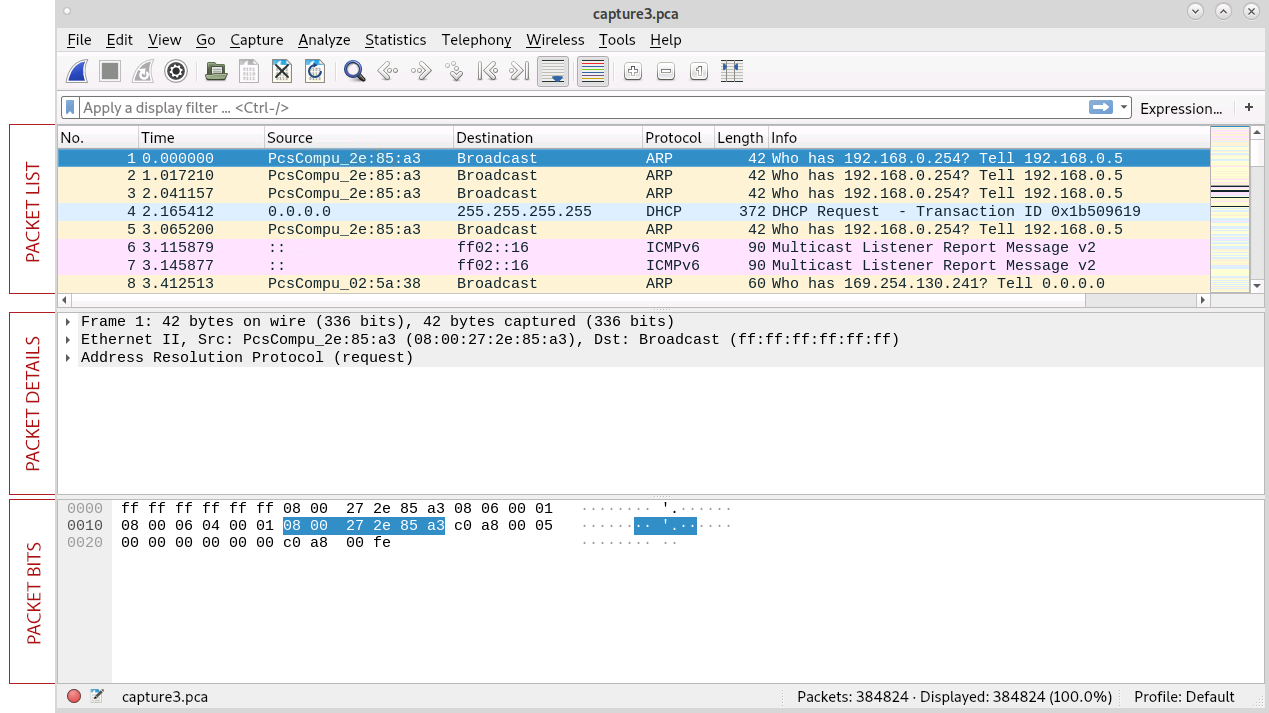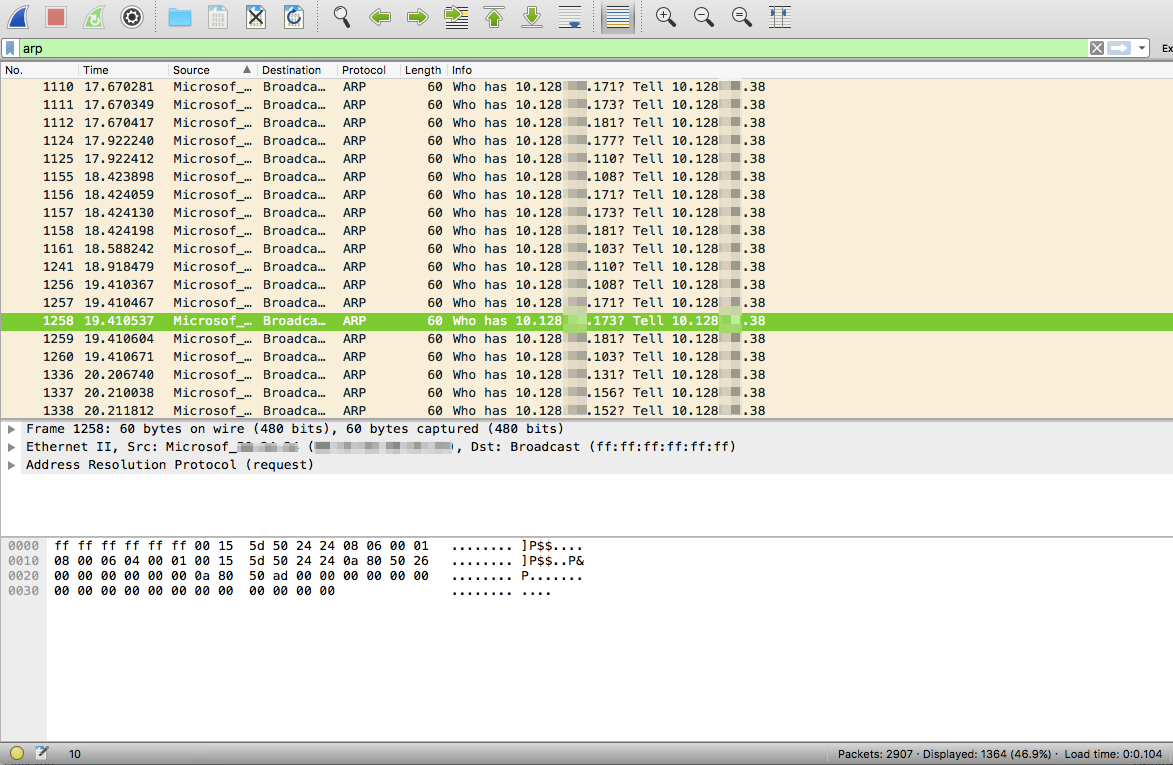

Port filter will make your analysis easy to show all packets to the selected port. not all protocols currently supported by Wireshark have display filters. In case there is no fixed port then system uses registered or public ports. Figure 2.1 Wireshark's GUI portscan.tcpdump Wireshark Edt View Go Cactus. Now we put “udp.dstport = 67 || udp.dstport = 68” as Wireshark filter and see only DHCP related packets.įor port filtering in Wireshark you should know the port number. When we run only UDP through Iperf we can see both source and destination ports are used from registered/public ports.ĥ. Now we put “tcp.port = 443” as Wireshark filter and see only HTTPS packets. Now we put “udp.port = 53” as Wireshark filter and see only packets where port is 53.ģ. Here 192.168.1.6 is trying to send DNS query. Protocol filter tcp - will only display TCP packets udp - will only display UDP packets icmp - will only display ICMP (ping) packets dhcp.

Now we put “tcp.port = 80” as Wireshark filter and see only packets where port is 80.Ģ. Wireshark is an open-source packet analyzer, which is used for education, analysis, software development, communication protocol development, and network. Here 192.168.1.6 is trying to access web server where HTTP server is running. Ports 1024 to 49151 are Registered Ports.īefore we use filter in Wireshark we should know what port is used for which protocol.In this article we will try to understand some well know ports through Wireshark analysis.

To know more about filter by IP in Wireshark, please follow below link: Port filtering is the way of filtering packets based on port number.


 0 kommentar(er)
0 kommentar(er)
